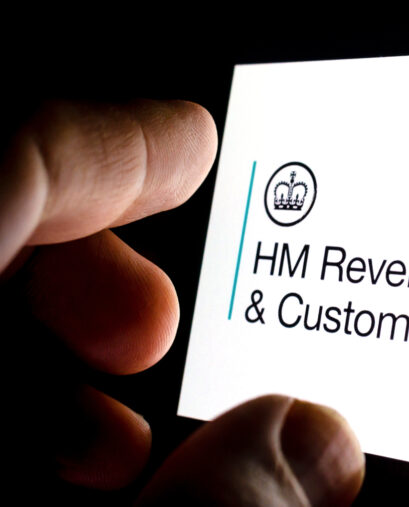Beware the unintended consequences of being responsible for someone else’s home

Beware the unintended consequences of being responsible for someone else’s home.
At some point in your life, you may find yourself responsible for another person’s home – whether a close friend or loved one, or a family member such as an elderly parent.
This responsibility can fall to your shoulders either informally, or if you are a court appointed Deputy or Attorney under a Property & Financial Affairs Lasting Power of Attorney (LPA).
Either way, it is a significant responsibility to take on the liability of another person’s home and it can prove to be a daunting task – particularly if that person has lost their mental capacity, they are related to you, and there are other family members involved (or not, as the case may be).
Putting aside the inevitable emotional minefield that you will have to navigate as part of this process, there are some more pragmatic considerations to take into account as part of your new-found responsibility.
Private client partner, Nicola Dudley discusses some practical steps to consider, in order to avoid personal liability or future family friction or distress.
Safety first
Do you know everyone who has a key to the property, and should they still have them? If not, or if the property is empty, you may need to arrange for the locks to be changed. If the person you are looking after is still living in the property, a key safe may be a wise investment, particularly if the person is receiving daily care from an external party, and these can either be bought or rented.
Insurance
If the property is empty, check that there is buildings insurance in place. If there is, advise the insurance company that the property is unoccupied, as there may be visiting requirements imposed and some insurance companies require the water system to be drained. If there is none in place, you might want to explore rectifying this.
As part of this, also check at the Land Registry (which can be done online) to see if anyone else has an interest in the property, in case they should be alerted that it is empty.
Mail redirection
If the person whose house it is is no longer in occupation, you may want to arrange to have the post redirected so that important letters are not missed and mail does not pile up behind the door to advertise that the property is empty.
This can be a good idea, even if the person you are looking after is still at home, as often mail can get misplaced, and this can cause unnecessary distress. You can set this up online or with a form that can be posted.
Keeping up appearances
It is a good idea to keep the garden tidy as this ensures that the property looks occupied and well kept, should it need to be sold to pay for the cost of care, for example. The last thing you would want, would be for it to be obvious that it is occupied by a vulnerable or infirm person as it may be targeted by thieves or potential scammers.
Audit the property
It is worthwhile recording the property’s contents and taking photographs of the interior of the property, and to do this with another party in attendance, so that there can be no question in the future, over the validity of your records. This can be particularly useful in the event of a potential disputed will.
Remove any valuable items and store them safely, keep a record of the items removed and give a receipt for them. Again, have someone else with you to make a contemporaneous record.
Reduce fraud potential
Check and remove any personal paperwork that could be used by fraudsters. Keep warranties and anything relating to the property or works done to it separately, as you may need these later when the property is sold. Don’t worry if you can’t find actual title deeds, most properties are registered at the Land Registry and often the original “deeds” are not needed to sell.
Clear communication
If the property is to be cleared and there is a will, if you are not the Executor of the will, check with them to see if particular items have been gifted, to avoid potential disappointment or personal difficulty in the future.
Liaise with the family as much as possible throughout the process, to make sure that you are aware of everyone’s views and feelings. Personal possessions may have little monetary value, but significant sentimental worth to people.
If it is appropriate for you to gift any items on behalf of the person in your care and you are considering this, you need to ensure that this would be in that person’s best interests. If you are acting as a Deputy, you will also need the Court of Protection’s permission to do this.
As Stan Lee famously said, “with great power comes great responsibility,” and actively looking after someone else’s home, whether as a Deputy or on an informal basis, is definitely a great responsibility, but hopefully with these practical considerations, it doesn’t have to be burdensome.
Photo by Gleren Meneghin on Unsplash
If you would like to discuss any of the issues contained within this article, from the importance of Lasting Powers of Attorney to implementing a will, get in touch.
Nicola Dudley Partner - Private Wealth & Tax +44 (0) 20 7846 2370 nicola.dudley@jurit.comPlease note this paper is intended to provide general information and knowledge about legal developments and topics which may be of interest to readers. It is not a comprehensive analysis of law nor does it provide specific legal advice. Advice on the specific circumstances of a matter should be sought.









